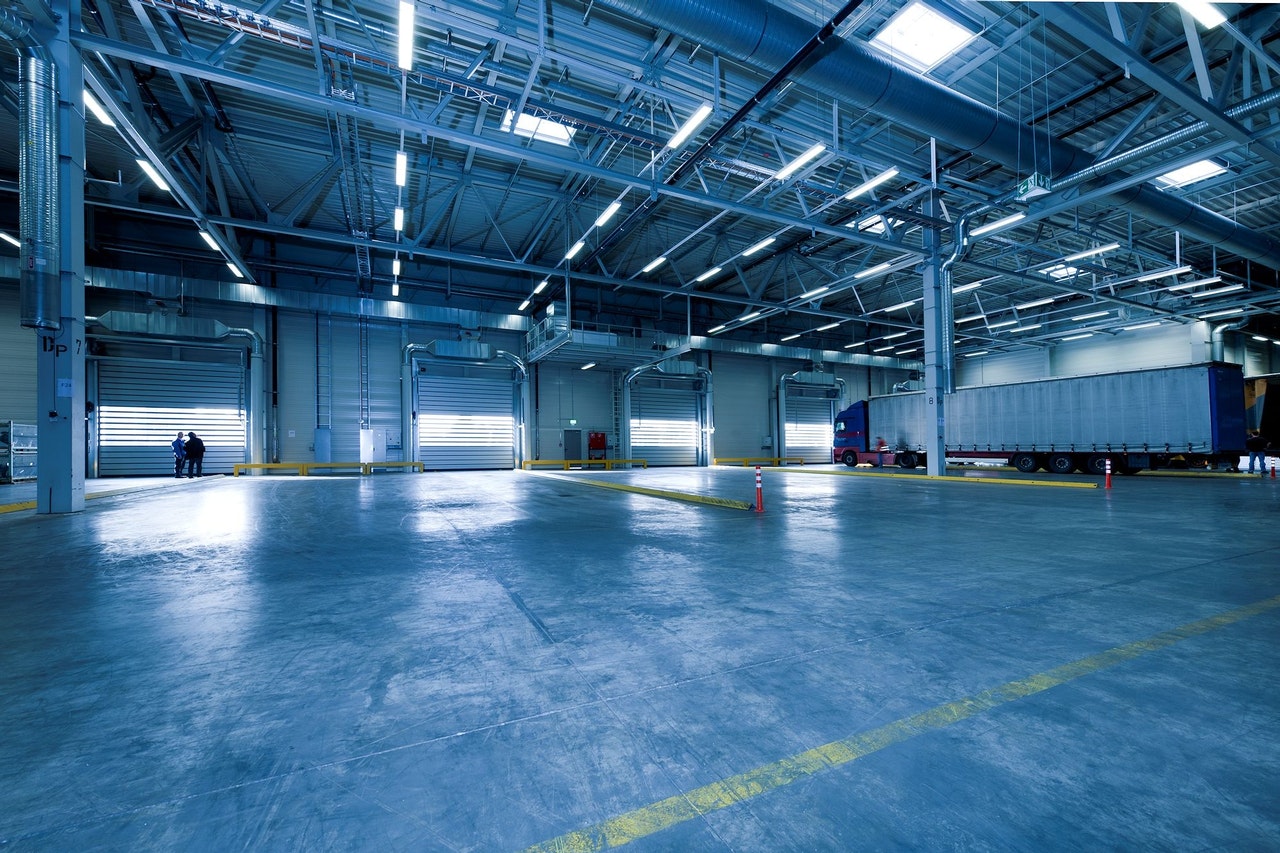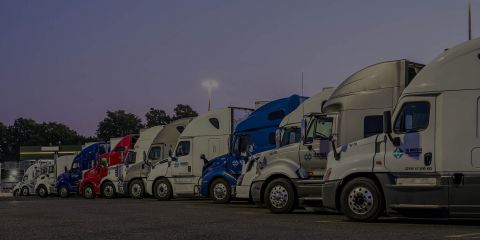2021
Important Criteria to Consider When Choosing a Warehouse location

Whether your company is just starting out or has grown in size, sooner or later, you'll have to take up choosing a warehouse location. It's not a choice to take for granted either, as the site can easily determine the success of your business. But how do you make the ultimate decision? What is it that deems one spot better than the other? In this article, we try to explain the crucial factors that should be able to clarify that.
Factors that play into choosing a warehouse location
Although there are many things to think about when searching for a prime spot for your facility, some aspects are more important than others. Here, we break down those of the highest significance.
Customer location
There are two reasons why client locations are crucial. The first one being that having a facility in the same region prevents delays by severely cutting on delivery time. This essentially means customers would be receiving the goods faster, thus allowing you to nurture a positive relationship with them.
Secondly, we all know that time is money; therefore, it isn't surprising that faster shipping would be cheaper as well. By positioning the warehouse closer to the customer base, the items would be traveling a shorter distance, which further contributes to lowered costs.
Storage requirements
Before making a final decision, think about your particular storage requirements. What kind of products would you need to store? Food, beverages, anything flammable? Whatever the case, the location you choose must be able to accommodate your needs in a way that prevents accidents from happening.
The size also matters. Perhaps the current dimensions are just right, but that doesn't mean the same will be true in the future. Estimate how your company will grow in the next couple of years, plan ahead and go with a location that leaves room for expansion.
Leasing or owning
When choosing a warehouse location, there are typically two options in terms of acquiring it. You are either going to lease the dwelling and the land or purchase them. The choice is yours, but it all comes down to the projected growth. If you believe the location might be right but are afraid of your business outgrowing the facility, leasing may be a better choice because it will make it easier to relocate elsewhere. Should that ever be the case, though, you can count on moverstoronto.com and similar moving companies to transfer all of your heavy machinery.
On the other hand, ownership may also prove profitable, especially if the area is large enough to allow you to build on. In this situation, expanding could very well end up being cheaper than switching locations.
Workforce availability
There is little point in having a perfectly positioned warehouse when there are not enough people willing to work in it. That is why it is not enough to do your research in terms of location alone but also to research the skills of local workers. Is there a shortage of qualified personnel? If so, the ones who actually end up working for you may require higher than average wages. Of course, that does not suggest their salaries should be kept low, but rather reasonable.
Proximity to carriers
Staying close to your clients is great, but not as much if that means compromising on being in the vicinity of your carrier. The key is to find a balance. Ideally, you should be looking at picking a spot for a warehouse somewhere in the middle. The closer you are to both your carrier and your customers, the more efficient the whole operation will be.
Accessibility
The perfect place for your facility is the one that's easily accessible to you, your employees, carriers, even customers. Being located near a highway is often crucial, especially if your business relies heavily on trucking.
Estimating risks
Lengthy research is crucial when choosing a warehouse location, as it can prevent you from dealing with damages later on. Perform your due diligence and inform yourself of the possible risks associated with the particular location. If the area is prone to flooding, for instance, you may want to base your warehouse somewhere else. On the other hand, if you don't mind the risks as much, a smart idea would be to have a conversation with an insurance company on insuring your facility. This way, if the worst-case scenario were to ever happen, you would be fully prepared.
For over 30 years, 18 Wheels Logistics has strived to be the most customer-centric trucking, warehousing, and logistics company around. Based in Vancouver, British Columbia, Canada, 18 Wheels relies on experience and integrity to make customers happy and remain on the cutting edge of shipping and logistics management.
If you have any questions about this article or you would like to talk to us about your shipping needs, please call us at (604) 439-8938.
